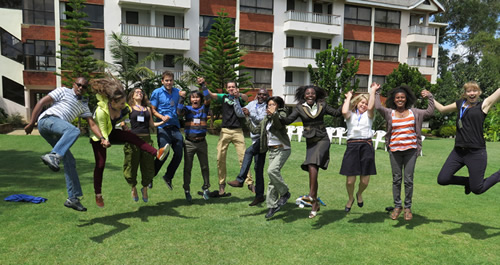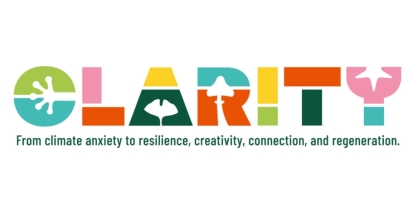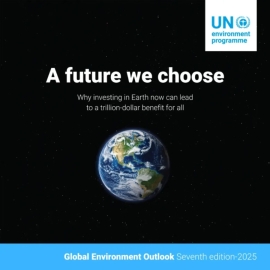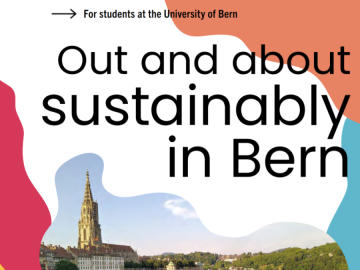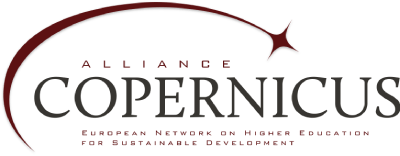The pandemic has made it abundantly clear: The gravest threats we face today transcend national boundaries, are inextricably linked, and demand joint, knowledge-based actions in response. The Centre for Development and Environment (CDE) at the University of Bern and its longstanding partners have refined an effective and transformative approach to help solve current sustainability crises and train the next generation of change agents. In a policy brief (available in English and German) they outline lessons from CDE’s long-term experience in tackling shared challenges and addressing inequalities through inclusive, globe-spanning research and education.
The key messages from the policy brief:
- Overcoming 21st-century threats like climate change, species extinction, infectious disease outbreaks, and inequality will demand unprecedented levels of cooperation and sharing of knowledge.
- Higher education and research for sustainable development is an ideal vehicle to bring people together towards a common purpose. It can foster urgently needed collaboration between different scientific and professional disciplines, public and private sectors, social strata, countries, and regions.
- CDE has pioneered a transformative approach to tackling shared global challenges. It emphasizes North–South partnership, transdisciplinarity, knowledge co-production, and training of change agents – i.e. the next generation of leaders, experts, bridge builders, and engaged members of civil society.
- High-income countries and donors should invest more in long-term partnership-based sustainability research and education, make published knowledge accessible to all, and help establish centres of advanced study and teaching in low-income countries.
Download policy brief: Engish version, German version

